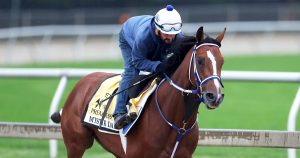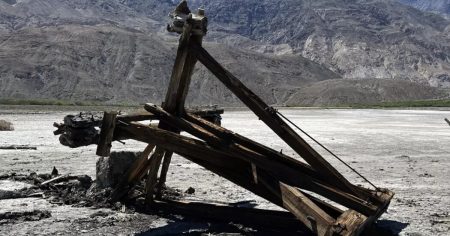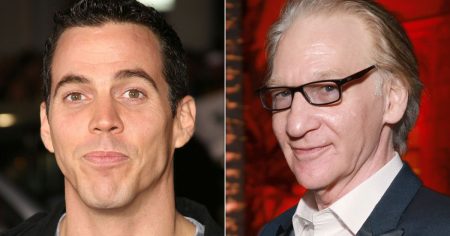The proposed construction of a new $3.2 billion stadium for the Chicago Bears on Chicago’s lakefront has sparked debate among politicians and the public. Bears President and CEO Kevin Warren envisions a state-of-the-art stadium with a fixed, translucent roof, glass walls, and a capacity for various events beyond football games. The plan includes tearing down Soldier Field and adding open space for community use. If approved, the stadium could open in 2028.
The Bears have stated they will invest $2 billion in the project, with an additional $300 million from the NFL. The remaining $900 million would come from the state through the issuance of bonds by the Illinois Sports Facilities Authority. Critics have raised concerns about the financial implications of borrowing such a large amount, especially since the state still owes money for previous stadium projects. The total cost, including interest, could reach nearly $4.8 billion.
State officials, including Gov. J.B. Pritzker, have expressed reluctance about the Bears’ proposal, calling it a “non-starter” and emphasizing the need for a deal that benefits taxpayers. The Illinois House Speaker and Senate President have also indicated low chances of the proposal passing. The public advocacy group Friends of the Parks has raised questions about the rush for a new stadium and its impact on neglected neighborhoods.
The Bears project significant economic impacts from the construction and operation of the stadium, including job creation and regional economic growth. However, economists caution that such estimates should be carefully evaluated against other potential investments for public benefit. The team has not specified what they would expect in return for their investment, potentially complicating negotiations with state officials.
In the event that the Chicago stadium proposal falls through, the Bears had previously considered a plan to build a similar stadium in Arlington Heights. The suburban project included a mixed-use development that would generate significant revenues and taxes. While that plan is currently on hold, village officials remain open to working with the Bears in the future if they decide to return to the suburbs.














